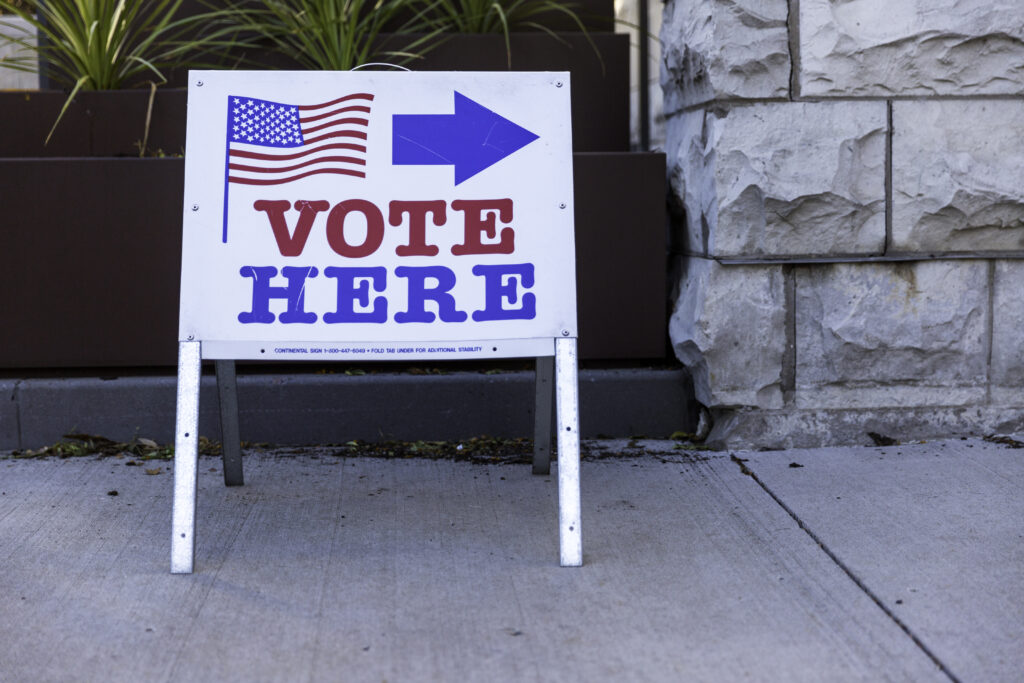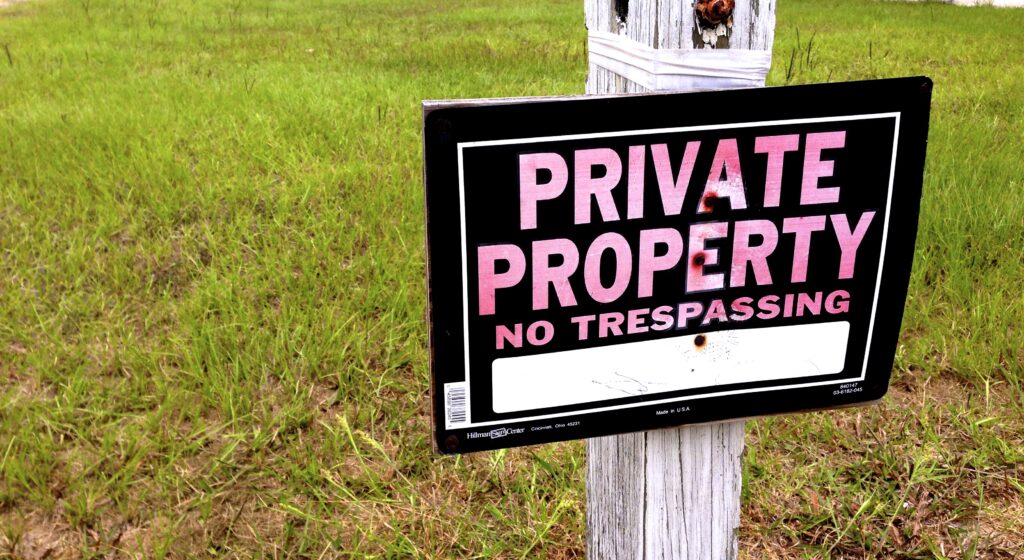They are being bamboozled by Baby Boomers, the second-largest generation.
Baby Boomers burst onto the political scene in the late-1960s. More liberal than previous generations, many Baby Boomers supported a vast expansion of government. The Baby Boomers enacted a plethora of costly (and ineffective) programs. In 1960, the federal budget was $590 billion. Fifty-seven years later, the federal budget has ballooned to $3.65 trillion.
Adding insult to injury, Baby Boomers have saddled Millennials with a $20.5 trillion national debt and $70 trillion in unfunded liabilities. Thus is the cost of Baby Boomers supporting America’s welfare state for decades.
The Baby Boomers have created a financial catastrophe. Social Security is headed toward insolvency, possibly as soon as 2035. Medicare is expected to be insolvent in 2029. Baby Boomers are on their way to being the first U.S. generation guilty of true generational theft.
Unlike previous groups in American history, far too many Baby Boomers have reveled in self-indulgence. This short-term and egocentric philosophy has culminated in an unprecedented financial crisis, forcing subsequent generations to pay for Baby Boomers’ folly. If the current situation doesn’t change soon, rigid adherence to liberal ideology, unadulterated selfishness (through government spending programs), and a lack of responsibility will be the legacy left by Baby Boomers.
While cleaning up this mess will be difficult, there are many reasons to believe Millennials might be up to the task. Generally speaking, Millennials are optimistic, pragmatic, innovative, and results-oriented. Although Millennials undoubtedly lean left (at least for now), they are politically practical.
In a 2015 Pew Research Survey, 50 percent of Millennials considered themselves politically “independent.” Millennials are problem-solvers, not ideologues, and they are willing to compromise to achieve solutions.
Coming of age in the digital revolution has made Millennials creative and adaptable. At this early point, innovation seems to be the Millennial ethos. Social media, ridesharing, and Airbnb—all of which depend on free-market values—have been pioneered by Millennials. If necessity is the mother of invention, as the most innovative and creative generation in American history, Millennials will likely find a solution to our current financial crisis.
Although it is likely Baby Boomers will continue to vote based on retaining favors from the government, it is very possible Millennials will put the death knell to this ruse, especially to some of the costliest social programs. The reason for this is Millennials have been told throughout their lives that many programs, such as Social Security, aren’t likely to survive over the next 50 years. Millennials, unlike previous generations, don’t feel entitled to them. According to one poll by Pew, 51 percent of Millennials say they do not believe there will be any money for them in the Social Security system by the time they are ready to retire.
Although Millennials are steadily becoming more aware of the present crisis, they still have yet to figure out what the best approach is for repairing it. The same Pew poll found 61 percent of Millennials oppose benefit cuts as a way to address the long-term funding problems of Social Security, compared to 71 percent of Baby Boomers.
As the largest generation, Millennials will eventually wield immense political power, allowing them to enact changes to these programs that benefit them directly, rather than relying on older groups to make decisions for them. Millennials should demand Congress address America’s fiscal crisis now, and they should hold representatives accountable at the voting booth who choose not to make principled, rational government spending decisions.
Winston Churchill once said “if you are not a liberal at 25, you have no heart. If you are not a conservative at 35 you have no brain”. It is natural for people’s political philosophies to change over time. Many Baby Boomers eventually changed their political beliefs and ushered in the Reagan Revolution of the 1980s. It is very possible the Millennials supporting Bernie Sanders in 2016 will undergo a similar political transformation once they realize the false promises and financial destruction wrought by decades of spendthrift liberal policies.
If Millennials respond sensibly to the bad deal they’ve inherited, they will prove to be the nation’s best hope for real, lasting reform. However, if they cower in the face of this important challenge and repeat the sins of Baby Boomers, the nation may not recover.





